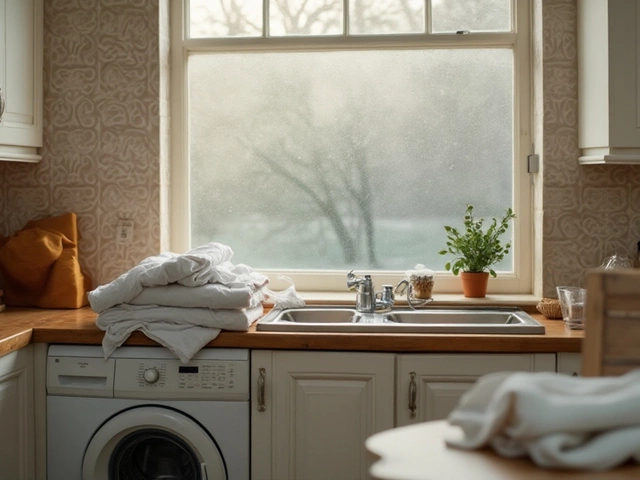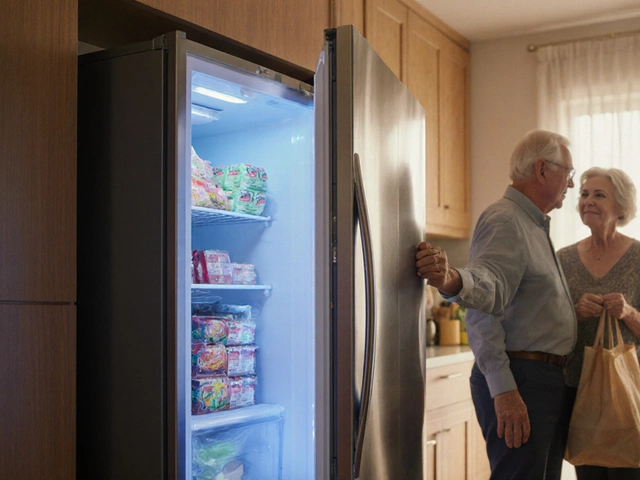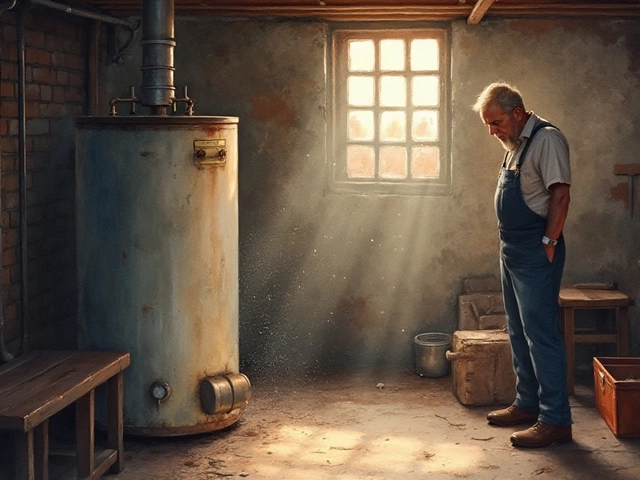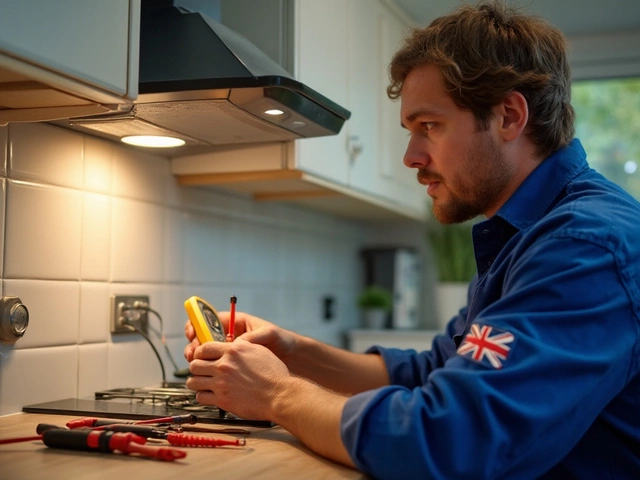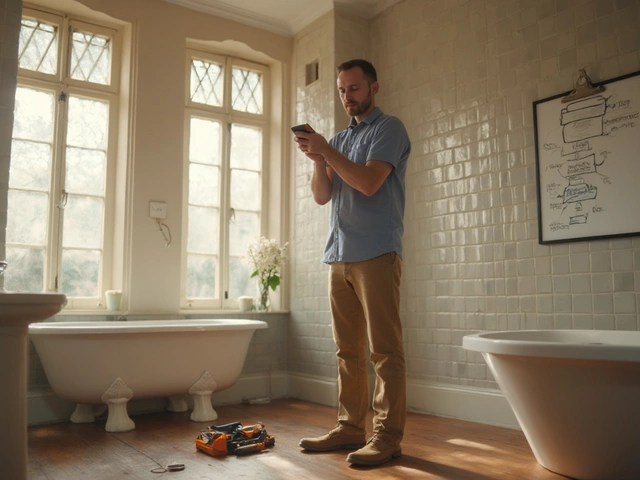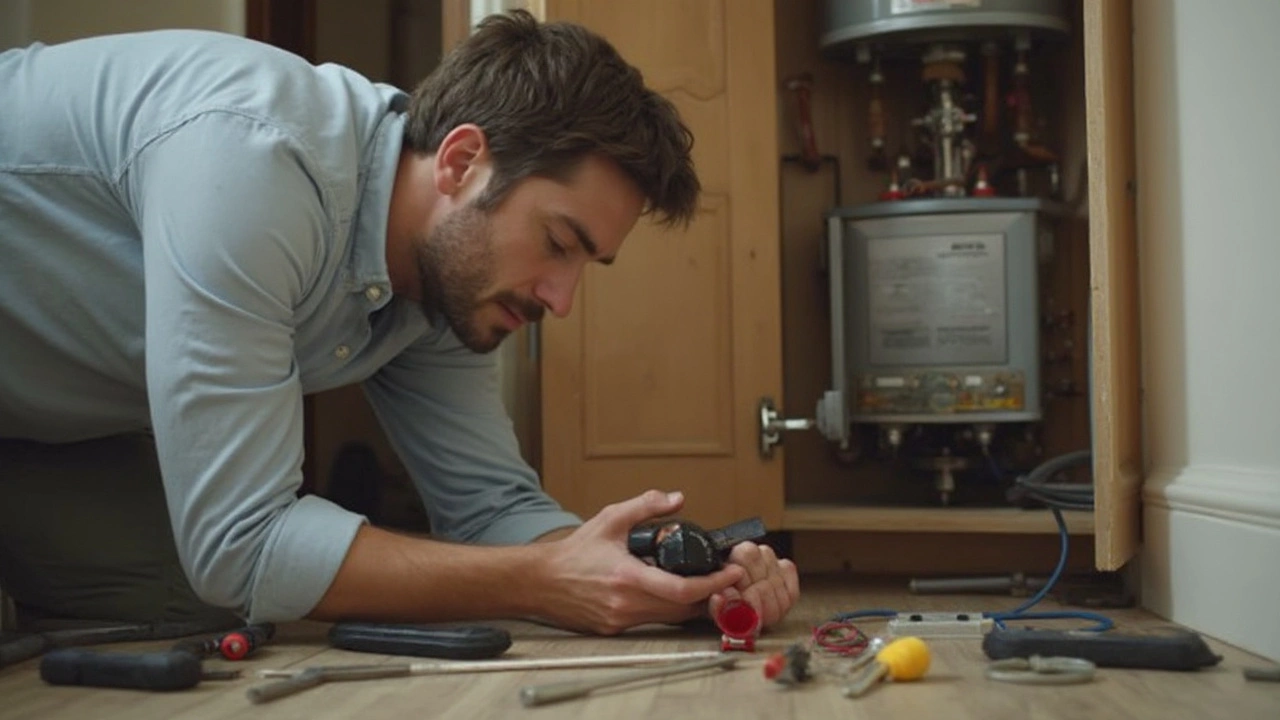Tank Issues: Fast Fixes for Leaks, No Hot Water & Noise
If your water heater or boiler isn't behaving, the problem is often the tank. A dripping tank, cold showers, or a rattling sound can ruin a day. The good news? Many of these hiccups have simple fixes you can try before you book a technician.
Spotting Common Tank Problems
First, look for visible signs. A steady leak around the base usually means a failed gasket or a cracked tank. If the water turns rusty or has a metallic taste, the anode rod is probably worn out. No hot water at all? Check the temperature setting and make sure the pilot light (for gas units) is still lit. A loud rumbling or popping noise often points to sediment buildup at the bottom of the tank.
Quick DIY Checks & When to Call a Pro
Start with the easy stuff. Turn off power or gas, then close the water supply valve. For a leaking pipe, tighten any loose fittings with a wrench – don’t over‑tighten, just snug enough to stop the drip. If the leak comes from the tank itself, you’ll need a professional; DIY repairs on a cracked tank can be dangerous.
Next, reset the thermostat. Sometimes a simple power cycle restores heat. If the unit still won’t warm water, the high‑limit switch may have tripped – flip it back on after a minute of cooling. Flushing the tank can clear sediment: attach a garden hose to the drain valve, open the valve, and let cold water run until it’s clear. This not only quiets noises but also improves efficiency.
Don’t forget the anode rod. It’s a sacrificial metal stick that protects the tank from corrosion. If you spot rust or the water looks brown, unscrew the rod (usually from the top), inspect it, and replace it if it’s less than half its original length. This small step can add years to your tank’s life.
When you’ve tried these steps and the problem persists – persistent leaks, no hot water, or strange odors – it’s time to call a pro. A licensed technician can safely replace a failed tank, test pressure relief valves, and ensure everything meets local safety codes.
Bottom line: most tank issues start with a leak, a loss of heat, or noisy operation. Simple checks like tightening connections, resetting thermostats, flushing sediment, and swapping anodes solve many headaches. Keep a record of maintenance dates; regular care keeps costs down and hot water flowing when you need it.
